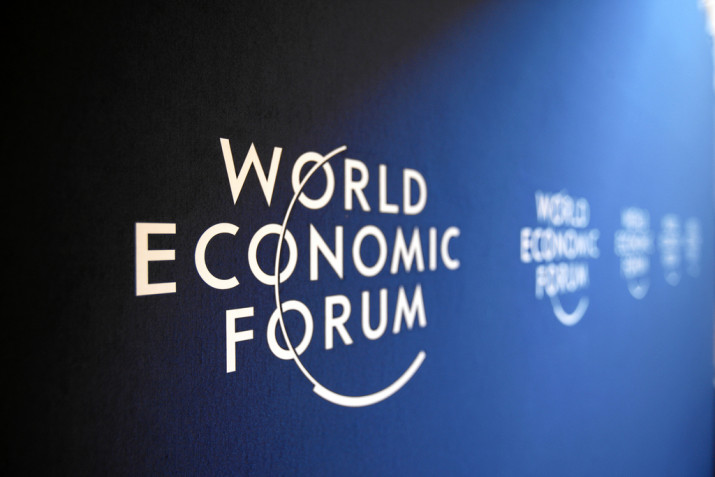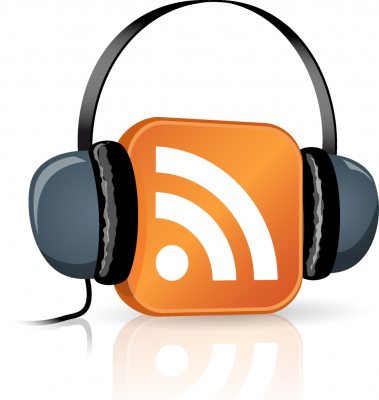The Nigerian government has signed a US$20m Memorandum of Understanding (MoU) with General Electric (GE) and the United States Agency for International Development (USAID) to boost Nigeria’s healthcare.
The agreement is an initiative that spread over five years; it will draw on the competencies, capabilities and know-how of the partners to bring funding, technology and expertise in training and education with a view to developing unique solutions to the country’s primary healthcare infrastructure and helping build capacity for maternal and infant care.
The agreement is an initiative that spread over five years; it will draw on the competencies, capabilities and know-how of the partners to bring funding, technology and expertise in training and education with a view to developing unique solutions to the country’s primary healthcare infrastructure and helping build capacity for maternal and infant care.
Nigeria's Health Minister Onyebuchi Chukwu in the company of Michael Harvey (USAID) and Farid Fezoula (GE Healthcare Africa) told journalists in Abuja that a scheme - Healthymagination Mother and Child- will emerge from the partnership specifically to tackle maternal and infant mortality in Nigeria.
Chukwu said: ”While Nigeria still comprises a large share of the world’s burden of child and maternal morbidity, mortality in Nigeria has seen a 38% reduction to 78% deaths per 1,000 live births in 2012.
“This positive trends are indicative of the Nigerian government’s genuine commitment and sustained investment for maternal and newborn health, where notable progress has been made over the past few years.”
USAID Nigeria Mission Director, Michael Harvey, said the agency is committed to promoting and supporting stronger governance, finance and human development. He said the initiative has the potential to improve the health and wellbeing of the population.
“The reality that we know today is unacceptable and heartbreaking as nearly 300,000 mothers and three million newborns continue to die every year from causes we know how to prevent,” he said.
President, GE Healthcare Africa, Farid Fezoua, said the challenges facing Nigeria and other countries in Africa are much more than equipment. More crucial ,according to him,are training and skills enhancement.
“At GE, we recognize that it takes all different perspectives and contributions to solve a problem and when you consider Africa’s vast healthcare challenges, medical equipment alone is not enough,” Fezoua said.




























0 comments:
Post a Comment